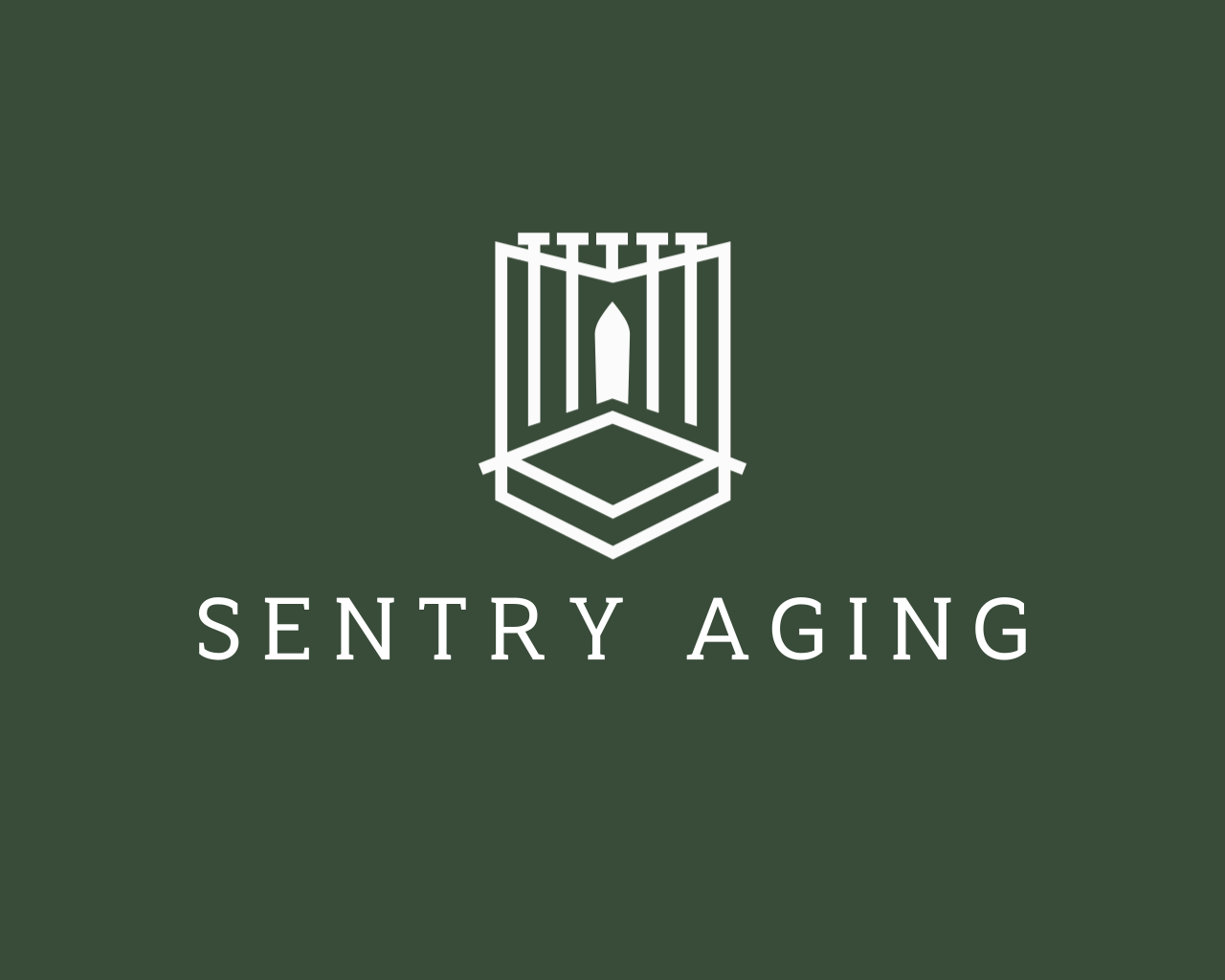Navigating Cognitive Demand
As we get older, it’s important that we take time to monitor our cognitive demand and to be reflective on what we are handling in our daily lives.
When we think of cognitive demand, it’s a matter of the things you might do every day that require your “brain power” such as:
Getting ready in the morning
Knowing what day it is & what is happening
Being on time for events
Managing your medications each day/night & refilling prescriptions
Managing doctor appointments
Paying your bills accurately
Balancing a checkbook
Transportation
Managing a social calendar
Managing meals & a grocery list
Maintaining a vehicle
Supporting a pet
These are all things that require our attention, problem-solving skills and memory - creating our personal cognitive demand. This is something that is individualized - everyone’s is different based on a variety of factors. Furthermore, our threshold for cognitive demand changes throughout the different seasons of our life.
We want to remind ourselves that there’s a difference between surviving and thriving (a phrase we will explore further in future posts). If a task is requiring all of our time and attention, feels overwhelming, and we are making consistent errors (with the potential for serious implications such as financial/medical issues), then it is a clear sign to aim to reduce our cognitive demand. I’d encourage seniors to be honest with themselves and reflective- be the one to make this choice by reaching out to caregivers/family for support. Proactively ask for assistance to set up systems to help rather than be in a place where we wait until we are truly struggling or for a potential serious situation to occur. For some this may mean reaching out to a family member or friend and for others this may mean elicitation of a designated, paid senior caregiver or advocate.
When we look at our personal cognitive demand, it could be viewed as a risk assessment. Truly what we’re calculating is how much control in terms of independence that we’re willing to share in order to keep our health and wealth intact. Remind yourself that it is natural for our cognitive demand threshold to shift with aging.
When a cognitive demand is inappropriately high, it can present as perceived difficulty with memory, attention, and problem-solving skills. With the simple addition of aides and established systems to support seniors with cognitive tasks we can note significant improvements in daily attention and recall skills.
Thankfully there are relatively simple changes we can make to reduce our demand when it comes to high level tasks such as medication management, driving, and finances. Some ideas include:
Health Management
Use of pill boxes
Prepackaged daily/weekly medication sleeves from a pharmacy service
Pharmacy delivery services
Addition of virtual health services
Weekly or biweekly set up of medication and refills with caregiver
Driving
Utilizing a GPS system
Ride share options such as ACCESS transportation services (Pittsburgh area) or Uber/etc
Online grocery delivery services
Establishment of subscription services for recurrently needed household items
Finances
Setup automatic payments with banking system for recurrent bills
Use of paperless statements
Use debit or prepaid card instead of cash
Reduction to a singular credit card to manage vs. several
Monthly financial support meeting with caregiver to review bills and sort paperwork
Daily Recall
Use of a calendar and checklist system to support memory
Use of reminder alarms via cell phone or electronic hub system (ie. Google Nest Hub, Amazon Echo Show, etc.)
Orientation clock
Monthly calendar establishment meetings with caregiver
Pet Care
Automatic feeders
Automatic litter box
Mobile grooming services
Echoing back to a previous post, daily orientation via a calendar, orientation clock, watch, etc. is foundational for our cognitive demand as we can’t begin to complete these high-level tasks without a solid grasp on time.
Investing in establishment of systems to age well is the key to maintaining our independence and remaining an active decision maker on the senior journey. As a therapist supporting those with cognitive-communication difficulties, I can confidently report that most seniors report their #1 concern is becoming what they perceive is a “burden” to their caregivers or to depend on someone to do everything for them. It may seem counterintuitive, I truly believe the answer to holding onto our independence and to not have our personal tasks suddenly thrust upon caregivers is actually to include them in these tasks at the earlier stages of aging. Including caregivers in our systems, establishing power of attorneys, allowing support to streamline the way we complete high level tasks early on can save a great deal of stressful situations later in life.
In closing, I cannot encourage enough the thoughtful allocation of cognitive demand in order to place yourself in a position where you are able to thrive daily and focus on enjoying this season of your life. This time is meant for indulging in beloved hobbies, spending time with those close to us, and reaping in the benefits of a life well lived while focusing on our health- not frustrated behind stacks of papers and struggling with daily logistics.
Written by Dina Holland, MS-CCC SLP
As an Amazon Associate, please note there is an earning from qualifying purchases at no additional cost to you when using links on this site.